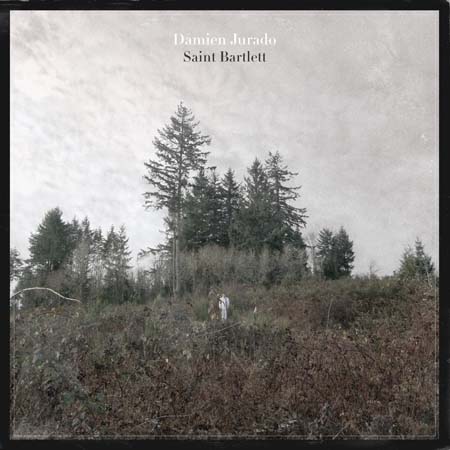
Damien Jurado: Saint Bartlett
Damien Jurado: Saint Bartlett

- Read more about Damien Jurado: Saint Bartlett
- Log in or register to post comments

Having an older Denon 2930CI and an inexpensive Pana Blue Ray player, I am looking to consolidate to one universal player that provides audio quality better than my 4 year old Denon and provides me an excellent Blu image on my Sony Bravia HDTV.
Read fairly good reviews regarding the Oppo 83SE and have also spoke to a salesman regarding the upcoming Denon 2011.
The basic question I have is whether the universal player is a good audio/video solution or a compromise over discrete components when used with my existing Rotel 1560 AVR and Paradigm Studio 60/CC590 v5 speakers.
In my "Recording of the Month" review of the new Jeff Beck album, I wrote that the aria "Nessun Dorma" was from Puccini's opera Tosca. It is, of course, from another Puccini opera, Turandot. Which I knew, both operas being favorites and both of which I have seen live several times.
Rats! No-one sleeps? We were _all_ sleeping!
But Beck plays the heck out of it!
John Atkinson
Editor, Stereophile
Sorry about the title. I couldn't think of a better way to put it, or any other place to take the question.
The question I'm posing came up while a friend and I were talking analogies, and I said you could look at a nuclear bomb as a way of very, very quickly creating a lot of information about atoms.
Which got us to thinking: strictly from an information theory point of view, does a bomb create or destroy information?
Wonderful program on Swedish television the other day about Alison Balsom. Definitely one for Elk et al.
Enjoy!
Has anyone noticed an alarming lack of hostility at the open bar ?
Was it Mother's Day ?
Or, as I suspect, has StereoPhile finally found a way to medicate our water supply ?
I was playing a Phile CD in reverse (hard to do when streaming) and heard the message "renew, renew, renew"
Most alarming is that Lamont hasn't called anyone a dumbass in far too long.